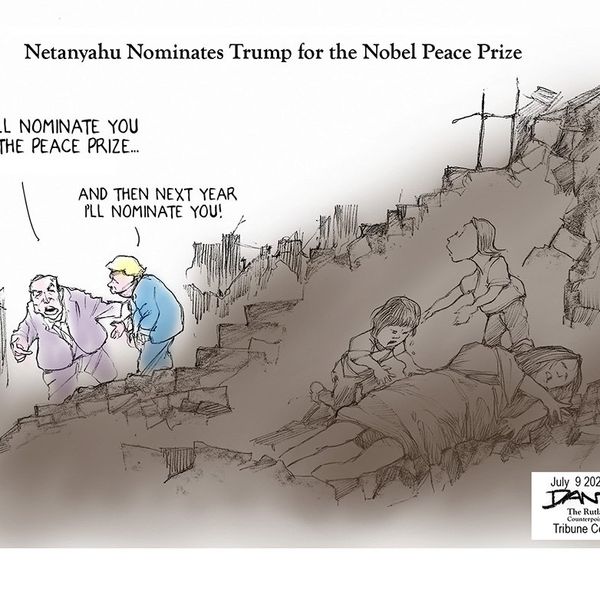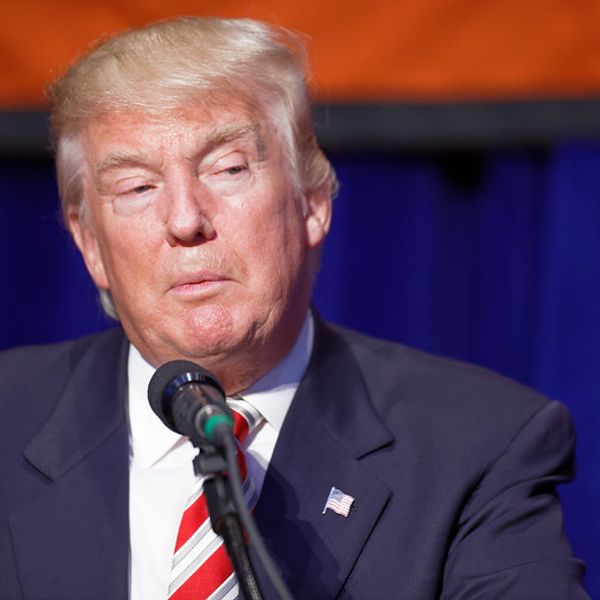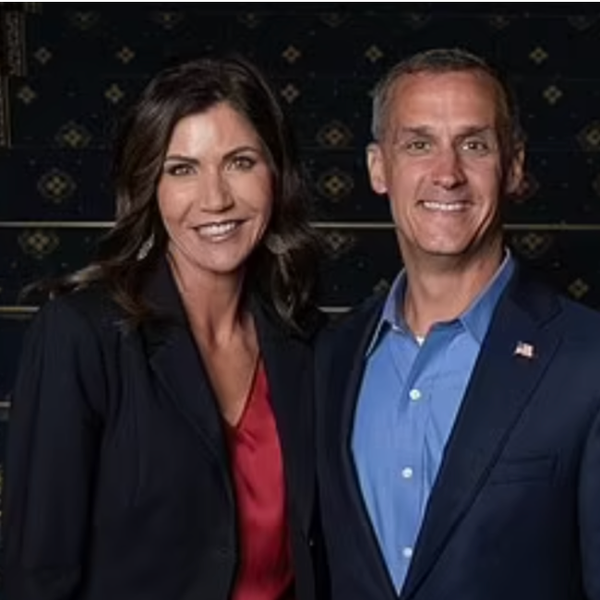
Over the past year, our nation’s diplomats along with global powers have been working tirelessly to produce an agreement that will prevent both an Iranian nuclear weapon and another war in the Middle East. Keeping Iran from acquiring a nuclear weapon is of central importance to American security – and achieving this through tough diplomacy is difficult, but very possible.
To be sure, Monday’s announcement that negotiations would continue was not the conclusive end we hoped for; all sides want to see the critical question of Iran’s nuclear program resolved. But the simple fact remains that the situation today is better than it was a year ago. Iran’s nuclear program remains verifiably frozen, and with a robust international monitoring and verification regime in place, global partners have been able to keep close watch on Iran’s facilities. For the past year, no weapons-grade fuel has been produced, and dangerous material was destroyed; this progress would not have been possible without the negotiations to date.
The Prussian general and military theorist Carl von Clausewitz once stated the oft-repeated axiom that “war is diplomacy by other means.” As a nation, we have been in this position before. The casus belli of the 2003 invasion of Iraq was to disarm the regime of Saddam Hussein of weapons of mass destruction. Our diplomatic efforts to disarm the Iraqi regime of weapons of mass destruction failed, and diplomacy turned into war. Between 2005 and 2008, I served two combat tours in Iraq and witnessed firsthand the tragic results of that failure.
Had our diplomatic efforts been successful prior to the invasion, we would have discovered that Iraq no longer had a program for developing weapons of mass destruction, nor did it have stockpiles of chemical weapons. Instead, the relentless drive to war turned into a decade-long conflict that cost the lives of thousands of American service members, tens of thousands of Iraqis, and trillions of dollars. The invasion also led to a destabilized Iraq, a newly emboldened Iran, and the spread of sectarian conflict in the region which continues to this day.
Once again, we find ourselves trying to prevent the spread of weapons of mass destruction in the Middle East. We know that Iran has nuclear program that could be used to produce a bomb, but we also learned lessons from the past decade. We owe it to the members of our armed forces to exhaust all of the diplomatic resources at our disposal. The alternative to a diplomatic agreement that will prevent an Iranian nuclear weapon could very well be armed conflict. While resorting to the use of military force to prevent Iran from developing weapons of mass destruction must remain an option, it should only be exercised as a last resort.
Congress helped get us where we are today with strong sanctions that the administration enforced. This was a crucial part in a comprehensive strategy to get Iran to the table, and a show of how American leadership should work. However, calls by some political leaders to enact additional sanctions now are shortsighted and counterproductive. Generally speaking, sanctions are used as a tool to get a state to the negotiating table. The goal of being at the negotiating table is to strike a deal.
Unilateral moves by any of the negotiating parties, including the U.S., risk derailing these talks and the chance of preventing Iran from getting a nuclear weapon through diplomacy. Iran would likely kick out inspectors and resume the nuclear activities that have been frozen over the past year. If that happened, the U.S. could find itself back where we were last year: on the way to another war in the Middle East.
The best goal for diplomacy is an outcome that keeps America safe and nuclear weapons out of the hands of Iran. We are still in the home stretch of securing a deal that could do just that, while keeping our nation safe and our men and women in uniform out of harm’s way. We must do everything we can to support this effort.
Adam Tiffen is a member of the Truman National Security Project’s Defense Council and a veteran of three tours of duty in Iraq and Afghanistan. He currently works in frontier and emerging markets. He may be followed at @tiffendc. Views expressed are his own
AFP Photo/Ronald Zak








